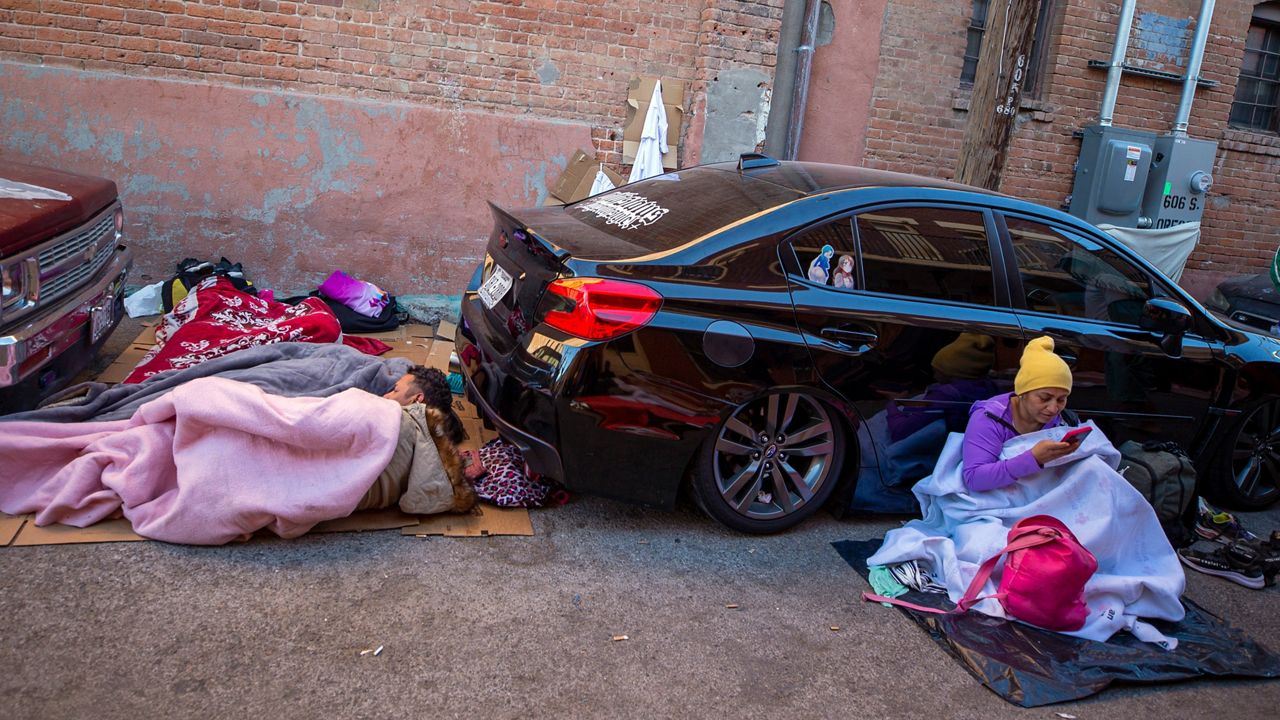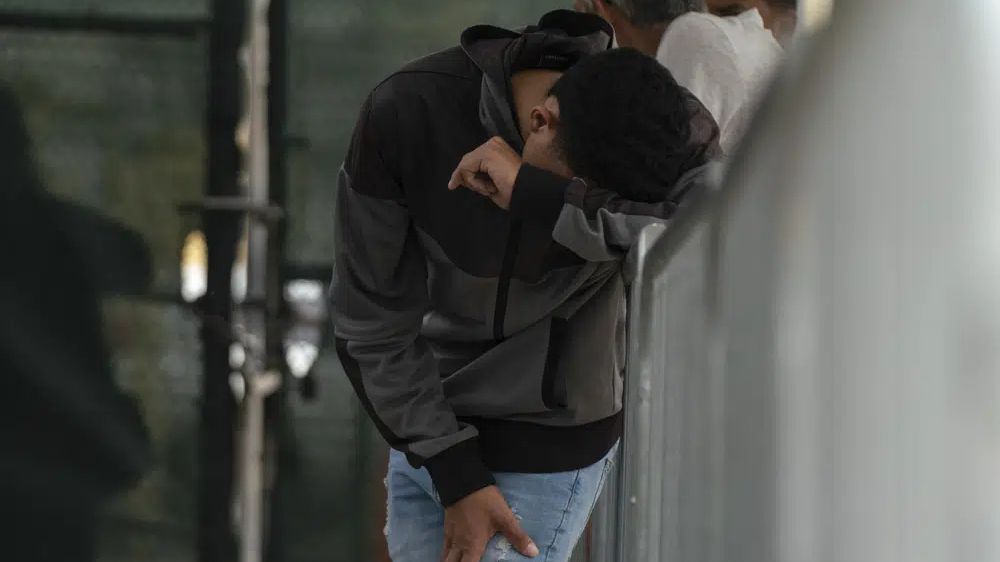EL PASO, Texas — Anticipating a surge of migrants ahead of the May 11 expiration of the pandemic-era Title 42 policy, El Paso, Texas, declared a state of emergency on Monday.
El Paso Mayor Oscar Leeser announced the emergency declaration during a news conference on Sunday.
Officials expect thousands of migrants to cross into the U.S. from Mexico once the policy expires. In El Paso, migrant centers are already over capacity and many migrants are sleeping on streets.
The El Paso Times reports there may be 12,000 migrants waiting in nearby Ciudad Juárez, Mexico.
The emergency declaration lasts seven days and then will go before City Council to be ratified for a month, Lesser said.
The declaration will help the city use federal funds and to open additional migrant shelters.
Title 42 has been used more than 2.5 million times to expel migrants since March 2020, although that number includes people who repeatedly attempted to cross the border.
In March 2020, the U.S. Centers for Disease Control and Prevention issued an order limiting migration across the southern and northern borders, saying it was necessary to reduce the spread of the coronavirus. The virus was ravaging the U.S., schools were shutting down and hospitals filling up, and President Donald Trump was trying numerous ways to limit migration, his signature political issue.
The order allowed Customs and Border Protection to immediately remove migrants, including people seeking asylum, to prevent the spread of the virus. The order said areas where migrants were held often weren’t designed to quarantine people or allow for social distancing and could put border personnel and others at risk.








